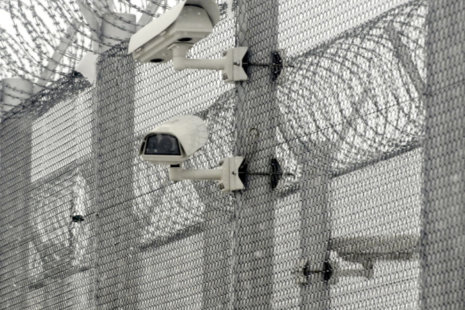The duration that the police can hold you without providing access to a phone call varies depending on the jurisdiction and the specific circumstances of the arrest. It is generally understood that arrested individuals have a right to access a phone call within a reasonable timeframe. Here are some general guidelines:
- Initial contact: In many jurisdictions, police officers are expected to inform an arrested individual of their rights, including the right to remain silent and the right to an attorney, soon after the arrest occurs. This initial contact allows the individual to request a phone call.
- Booking and processing: After the arrest, the individual is typically taken to a police station or a holding facility for booking and processing. During this time, they may be fingerprinted, photographed, and have their personal information recorded. The process can take a few hours, and access to a phone call is generally provided at this stage.
- Reasonable timeframe: A “reasonable timeframe” definition can vary. In some jurisdictions, it may mean within a few hours of the arrest. However, the timeframe may be longer if there are extenuating circumstances, such as a large-scale incident or ongoing investigation. It’s important to note that the specific laws and regulations regarding access to a phone call can differ between jurisdictions.
- Emergencies: In emergencies, such as cases involving imminent threats to public safety or the need to preserve evidence, the police may temporarily delay access to a phone call. However, this delay should be reasonable and limited to the time necessary to address the emergency.
Suppose you or someone you know has been arrested and has not been provided access to a phone call within what you believe to be a reasonable timeframe. In that case, it is advisable to consult legal professionals or local authorities to understand your rights and seek appropriate guidance.






